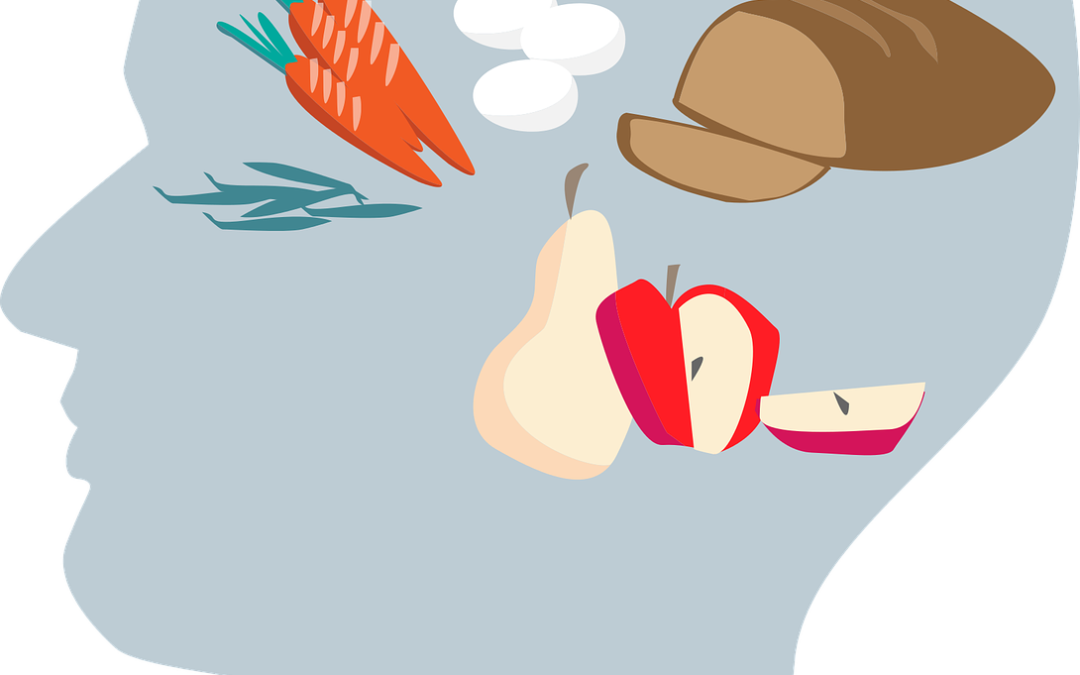What we put on the other end of our fork makes all the difference in our health – including brain health. Today’s children live very busy lives with distractions everywhere. Their little brains are working overtime to allow thought processes, movements, breathing, and creating the very essence of their personalities! I am a big advocate of nourishing the body so it can better grow, repair, and energize and boost immunity. In other words, take care of the organs – and they take care of you! The brain is one of the most high priority organs. It’s made up of highly metabolically active tissue, and it needs nourishment to meet its energy needs. I believe that our children need to be guided to eat those foods that are most brain nourishing for overall development and cognitive function. The top foods/considerations are listed, without respect to religion nor culture – just looking at nutrition.
- Dark chocolate/Cacao has a high content of flavonols, phytonutrients containing anti-oxidative properties that may help support memory and brain function.1 Look for at least 70% dark cacao noting that the higher numbers will add a bit of bitterness into the taste.
- Turmeric: Turmeric has been used for centuries, and is a pungent spice used throughout Asia. It contains curcumin, a polyphenol that gives turmeric its yellow color. Curcumin contains anti-oxidative properties, which may help with cognitive function.1 Many people take capsules, but I prefer drinking “golden milk” by adding 1 teaspoon turmeric powder to warm almond milk.
- Fish such as salmon, tuna, or mackerel, etc., which contain omega-3 fatty acids (EPA and DHA) which are crucial for brain growth and development.1 Including at least two servings/week of omega-3-rich food can help support cognitive function. It is not recommended to serve a deep fry, but to try salmon patties, or use in tacos or sandwiches. Many people have switched to fish oil instead of eating fish to avoid the ocean pollutants and heavy metal contaminants. I always prefer real food over pills, and in this case especially so since the fish oil capsules are not always pure and have their own contaminants in them.
- Eggs: Eggs are a source of good-quality protein and choline.1Adequate protein is essential for proper growth and development of muscles, organs, and the immune system. Choline helps with cognitive development and memory function.1
- Blueberries: Indigo, blue and purple fruits/ veggies (blueberries, purple grapes, eggplant) contain anthocyanins, a polyphenol shown to support brain health and positively affecting memory and focus.3 Add blueberries to pancakes or yogurt for a great breakfast.
- Beets are a good source of nitrates, which support blood flow to the brain and help with mental performance.4 Beets are delicious grated into a salad, or incorporated into hummus, pasta sauces, or grilled.
- Avocados are touted as “healthy” fats that support good vascular function which help deliver nourishment to the brain.1 Avocados are great in smoothies, dips, ice creams, and guacamole.
- Greens: Spinach, kale, collards, etc., provide dietary fiber, antioxidants and phytonutrients which can help support cognitive development and memory.2 and fight “phyt” risks for cancer. Children that don’t care for greens can consume them hidden in smoothies, muffins, pesto sauces and omelets.
- Almonds contain vitamin E, which is important for neurological functions (balance and coordination1). Almonds taste great raw and can be incorporated in pesto sauces, chutneys, or even a nut butter for a different toast topping.
References:
- Gomez-Pinilla F. Brain foods: the effects of nutrients on brain function. Nat Rev Neurosci. 2008;9(7):568-578.
- Johnson EJ. Role of lutein and zeaxanthin in visual and cognitive function throughout the lifespan. Nutr Rev. 2014;72(9):605-612.
- Whyte AR, Williams CM. The cognitive effects of acute blueberry anthocyanin interventions on 7-9 year old children. Appetite. 2012;59(2):637.
- Clifford T, Howatson G., et al. The potential benefits of red beetroot supplementation in health and disease. Nutrients. 2015;7(4):2801-2822.



